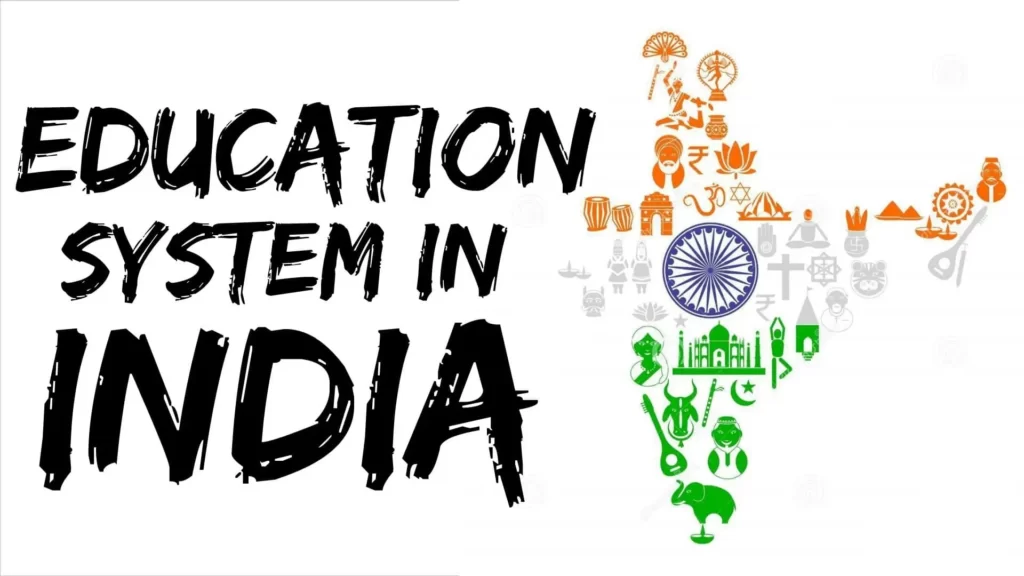
The Evolving Role of Schools: Navigating the Main Goals and Contemporary Realities
Introduction:
Education has been a cornerstone of human civilization for centuries, with schools serving as the primary institutions for knowledge dissemination and character development. The main goal of attending school has traditionally been to equip individuals with the skills, knowledge, and values necessary to thrive in society. However, as we navigate the complexities of the 21st century, the landscape of education is rapidly evolving. In this article, we will explore the main goals of going to school and delve into the contemporary realities that shape the educational experience today.
Main Goals of Going to School:
- Academic Excellence:
At the core of the educational journey lies the pursuit of academic excellence. Schools are designed to provide a structured environment where students can acquire foundational knowledge in subjects such as mathematics, science, language arts, and the humanities. The aim is to foster critical thinking, problem-solving skills, and a deep understanding of various disciplines. - Character Development:
Beyond academics, schools play a crucial role in shaping the character and personality of individuals. Values such as discipline, respect, teamwork, and resilience are instilled through social interactions, extracurricular activities, and ethical education programs. The goal is to nurture well-rounded individuals capable of contributing positively to society. - Socialization and Interpersonal Skills:
Schools serve as microcosms of society, providing a unique environment for students to interact with peers from diverse backgrounds. Developing social skills, emotional intelligence, and the ability to collaborate are essential aspects of the educational experience. Through group projects, team sports, and various social activities, students learn the art of effective communication and cooperation. - Preparation for Future Careers:
As students progress through their educational journey, the focus gradually shifts towards preparing them for the workforce. Schools are expected to provide vocational guidance, career counseling, and practical skills that align with the demands of the job market. This includes exposure to technology, entrepreneurship, and real-world applications of knowledge.
Contemporary Realities in Schools:
- Technology Integration:
In the digital age, the role of technology in education has become increasingly prominent. Schools are incorporating digital tools, online learning platforms, and interactive resources to enhance the learning experience. This shift brings both opportunities and challenges, requiring educators to adapt their teaching methods and students to develop digital literacy skills. - Diversity and Inclusion:
Modern schools strive to create inclusive environments that celebrate diversity. Efforts are being made to address issues related to gender, ethnicity, and socio-economic backgrounds, ensuring that all students feel represented and valued. Inclusion initiatives aim to break down barriers and promote a sense of belonging for every individual. - Mental Health Awareness:
Recognizing the importance of mental health, contemporary schools are placing greater emphasis on supporting students’ emotional well-being. Mental health programs, counseling services, and stress management strategies are being integrated into the curriculum to address the pressures and challenges faced by students in today’s fast-paced world. - Adaptive Learning:
Acknowledging the diverse learning styles and paces of individual students, schools are increasingly adopting adaptive learning approaches. Personalized learning plans, differentiated instruction, and flexible assessment methods cater to the unique needs of each student, fostering a more inclusive and effective learning environment.
Conclusion:
While the main goals of going to school remain rooted in academic excellence, character development, socialization, and career preparation, the contemporary realities of education reflect a dynamic and rapidly changing landscape. As we navigate the challenges and opportunities presented by technology, diversity, mental health awareness, and adaptive learning, it becomes clear that schools play a pivotal role in shaping the future of individuals and society as a whole. The evolving nature of education underscores the need for continual adaptation and innovation to ensure that schools remain effective agents of positive transformation in the lives of students.



